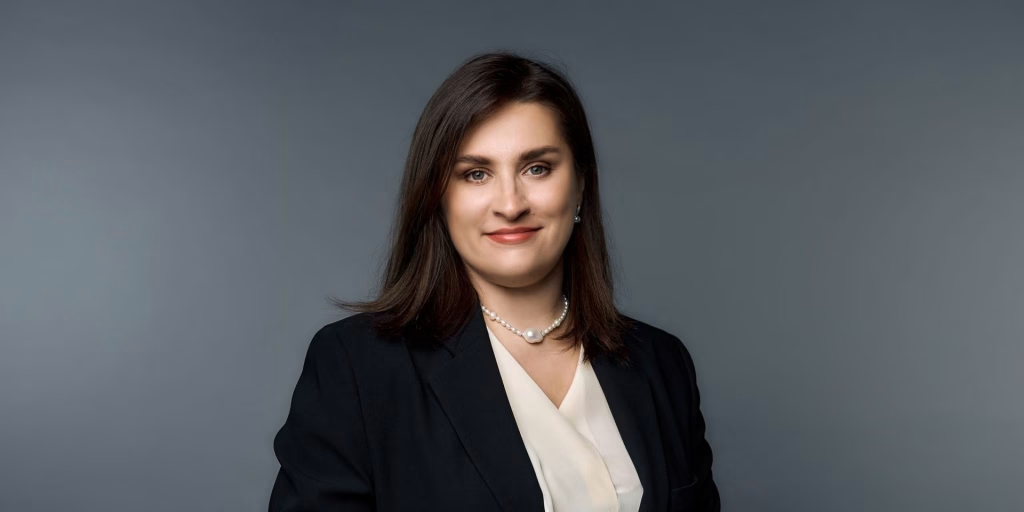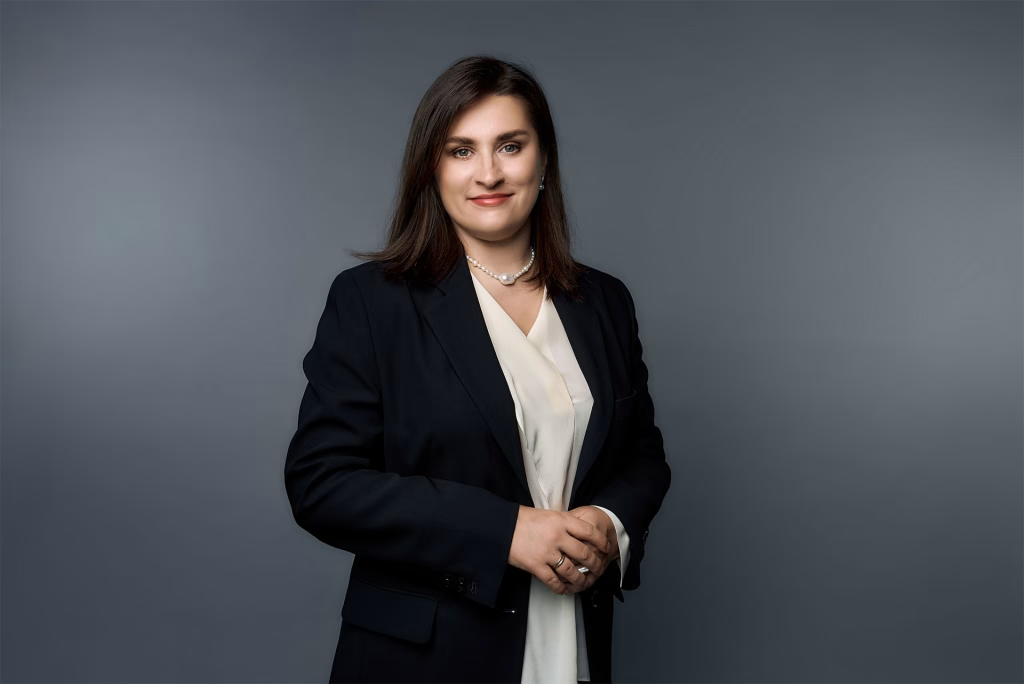
‘She’s Next is not just about Visa, we are trying to make societal change’
Emerging Europe speaks with Vira Platonova, Visa senior vice president and regional director for 17 countries, about the She’s Next Empowered by Visa initiative, and its key role in keeping Ukrainian businesses ticking over.
Emerging Europe’s Female Business Leader of the Year in 2021, Vira Platonova oversees all of digital payment giant Visa’s operations across 17 Central and Eastern European, Caucasian and Central Asian markets, and all from the company’s regional headquarters in Kyiv. The location, says Platonova, has not changed, despite Russia’s war, nor has Visa’s commitment to innovation and entrepreneurs.
Indeed, the invasion has spurred more innovation, she says, and has sped up the adoption of digital services.
“Since the very first days of the war, we have been in constant touch with the government, the central bank and the retail banks, doing all we can to ensure that merchants and banks can provide smooth and seamless services to people because access to cash is very limited. People need to pay with cards,” says Platonova, who says Visa is doing all it can to make that possible.
She points to Kherson, liberated from Russian occupation in November, where right at the beginning of the occupation point of sale (POS) terminals were reportedly removed by the Russians.
“So, the only way that people could pay small businesses, for simple items such as food, was by using P2P payments (transfers from card to card). Another one, especially useful for entrepreneurs – is transactions with the phone acting as a POS terminal, where only the app (for the entrepreneur) and mobile internet connection are needed (Visa Tap to Phone technology). All of these technologies existed: but we never thought they would be used like this and could help people to survive.”
Ukraine’s process of digitalisation, which began several years before the full-scale invasion of February 24, 2022, has been a key feature of the country’s resilience. “I cannot imagine what would have happened if we were not ready,” says Platonova. “Overall, the Ukrainian financial system – including Visa – has worked amazingly.”
Visa invests in people
A Ukrainian herself, Platonova was Visa’s first local appointment to oversee such a big cluster, something she considers a huge plus in terms of what it says about the company’s culture.
“People trust people, they don’t always trust brands. So, when people see me leading the company in this market: a local, a woman, a successful woman, it’s important,” she says. “Visa invests in people, in human resources, in leadership. It’s important for people to see this.”








Responses